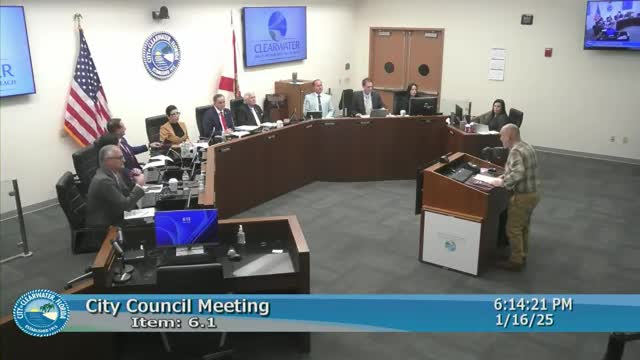Article not found
This article is no longer available. But don't worry—we've gathered other articles that discuss the same topic.
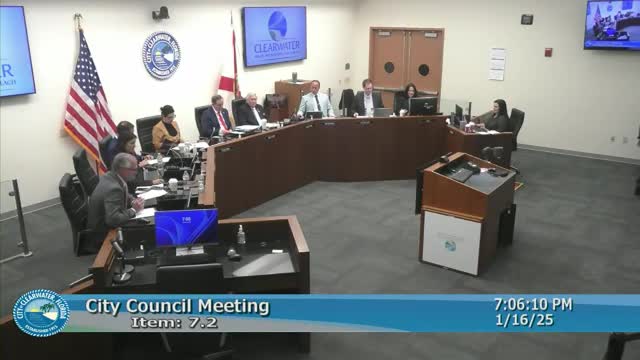
At a glance: Council approves pension code changes and three land-annexation ordinances
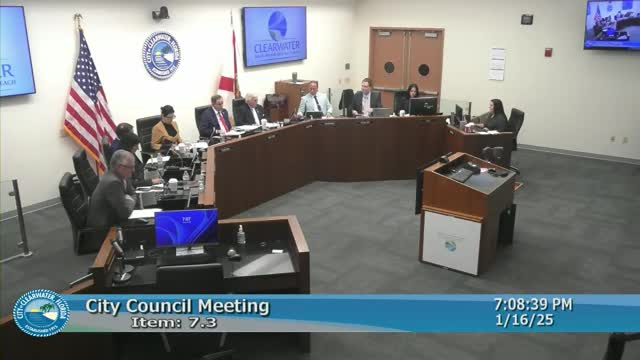
Council adopts updated rules limiting non-agenda comments; the move prompts heated public response
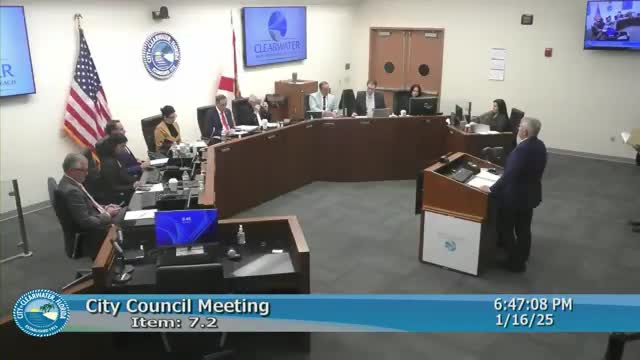
Council approves $14.5 million guaranteed maximum price for Long Center renovation amid debate over indoor pool
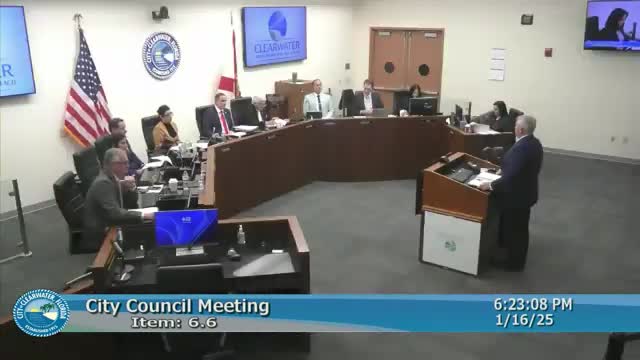
Council authorizes $254,188 payment for leased pumps damaged in Hurricane Helene
